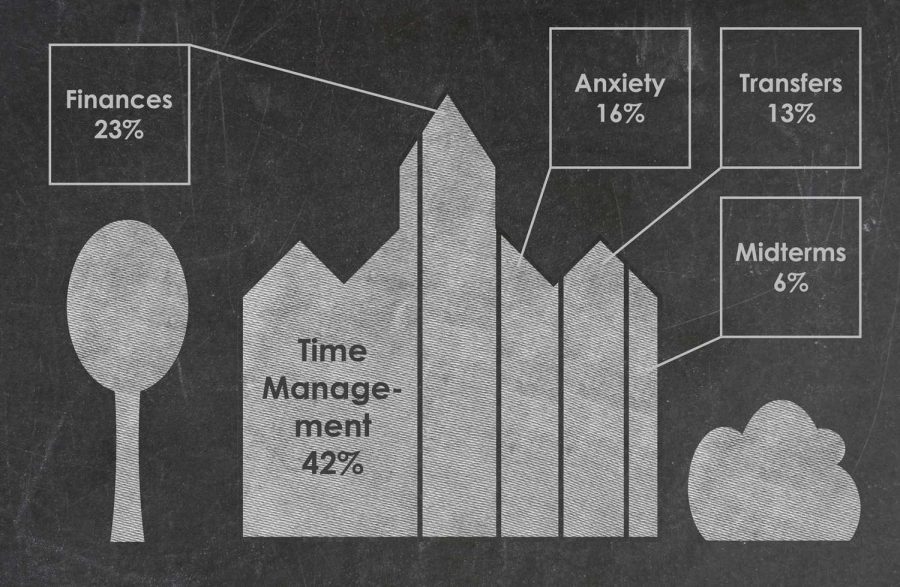Students looking to transfer to one of the schools in the University of California system will face an uncertain future in the wake of a 32 percent fee increase approved by the board of regents.
In addition to the looming specter of decreased enrollment, this new fee increase further hampers the ability for prospective students to attend a state college. Cal State schools have already had their budgets slashed, leading to the cancellation of whole terms at some campuses. The $2,500 increase in UC undergraduate fees, approved amid a morass of over 2,000 protesters on Nov. 19, has students already struggling to make end’s meet, wondering if they will be able to continue their education.
Something these students may fail to realize, however, is that the financial woes have only just begun. According to the Los Angeles Times, a projected deficit of $21 billion promises that the all-to-recent cuts to close the budget cap will be repeated, and sooner rather than later. The state’s poor financial position means more cuts to vital programs and with Democrats refusing to cut additional state programs and Republicans steadfast against increased taxes; it will be a decisive battle.
The root of the problem is not the massive government spending year after year by the state, appalling as that is, but the 2/3s majority “supermajority” required to pass the budget. Due to the makeup of the California State Legislature, Republicans who are against tax increases are able to avoid negotiating with Democrats because they know the budget can’t pass without their votes. The same holds true for Democrats taking a stand against program cuts, it just leads to prolonged debates time and again.
The unique restructuring of the legislative districts following the 2000 census is the main reason such an ideological gap is unlikely to be bridged. Both Democrats and Republicans gerrymandered the district boundaries, creating complex and divided districts that favor the selected incumbent. This results in landslide elections and the continuation of the political status quo in the state legislature.
What all this means to the average college student is this: the financial situation is bad now, but it will get worse before it gets better. Rather than spending time protesting the board of regents, who in essence are working with what they’ve been given by Sacramento, and by extension the inattentive voting of California citizens, students should be researching ways to influence the government process and make changes at the state level. The problems with the California budget are the responsibility of two groups; the voters and the government they elected.
Stones shouldn’t be hurled at the Governor or civic officials, but that energy should be used for concrete, sustainable change. Research your own government, recognize what’s broken and take the initiative in fixing it. Utilize the education being fought so hard for and the effects will be worthwhile.






